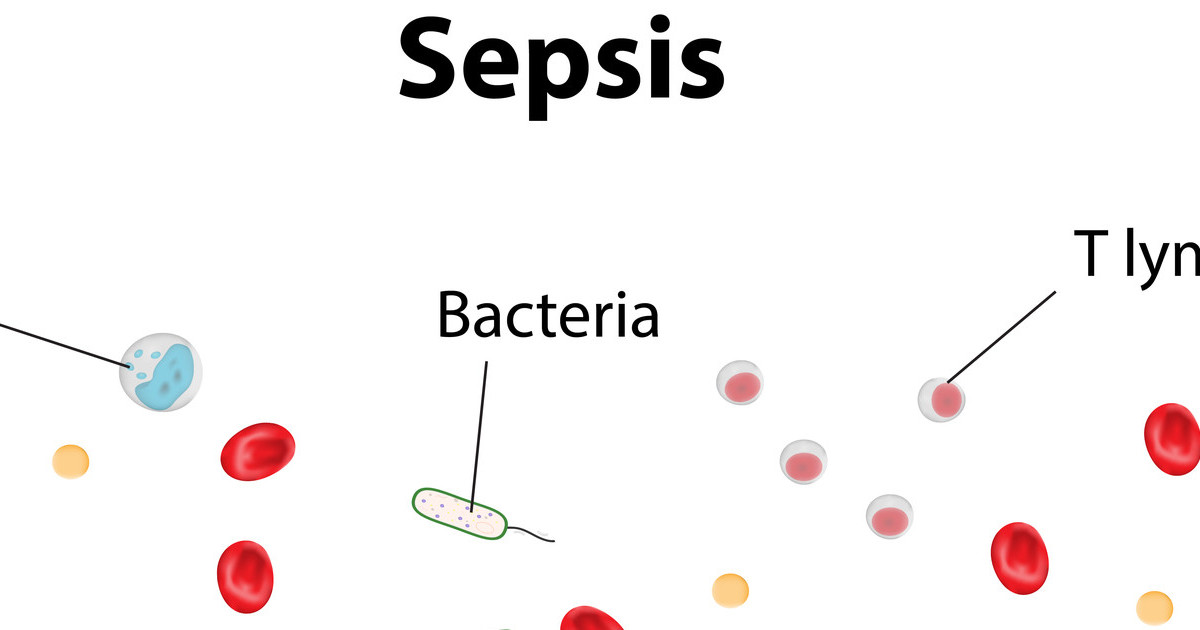Causes, Risk Factors, And Complications Of Disseminated Intravascular Coagulation (DIC)
Sepsis

Sepsis is considered a common complication of disseminated intravascular coagulation. It is regarded as a life-threatening emergency and is defined as the body's extreme reaction to an infection. Common causes of sepsis include urinary tract infections or infections that start in the gastrointestinal tract, the lungs, or the skin. If left untreated, sepsis can lead to full organ failure, tissue damage, and death. It is not considered contagious, and in most cases, it originates from a bacterial infection. Patients with other chronic conditions like diabetes or cancer, children younger than one, individuals over sixty-five years old, and those individuals with weakened immunity are more prone to having sepsis.
When someone has experienced sepsis or septic shock, the chances of developing disseminated intravascular coagulation are higher. Both difficulties with clotting or blood clotting itself may end up creating a vicious cycle. Research claims that thirty-five percent of sepsis patients are affected by disseminated intravascular coagulation. While only one-third of them die, survivors are left with chronic pain and fatigue, amputations, organ dysfunction, and even post-traumatic stress disorder.
Pancreatitis

Another complication is pancreatitis, which is the result of an inflamed pancreas. The pancreas is a large gland located behind the stomach and is the size of a hand. This organ has two essential functions: releasing insulin to the bloodstream and liberating a powerful enzyme to aid digestion. Some common pancreatitis symptoms are nausea and vomiting, swollen and tender abdomen, pain in the upper part of the stomach, fever, and higher heart rate.
The risk factors are gallstones, the use of certain medications, drinking excessive amounts of alcohol, infections, surgery, traumas, metabolic disorders, and some autoimmune diseases. Disseminated intravascular coagulation and other abnormalities have been observed in patients with pancreatitis. This is why it is vital to prevent pancreatitis by exercising regularly, quitting smoking, eating a low-fat diet, and limiting alcohol consumption.
